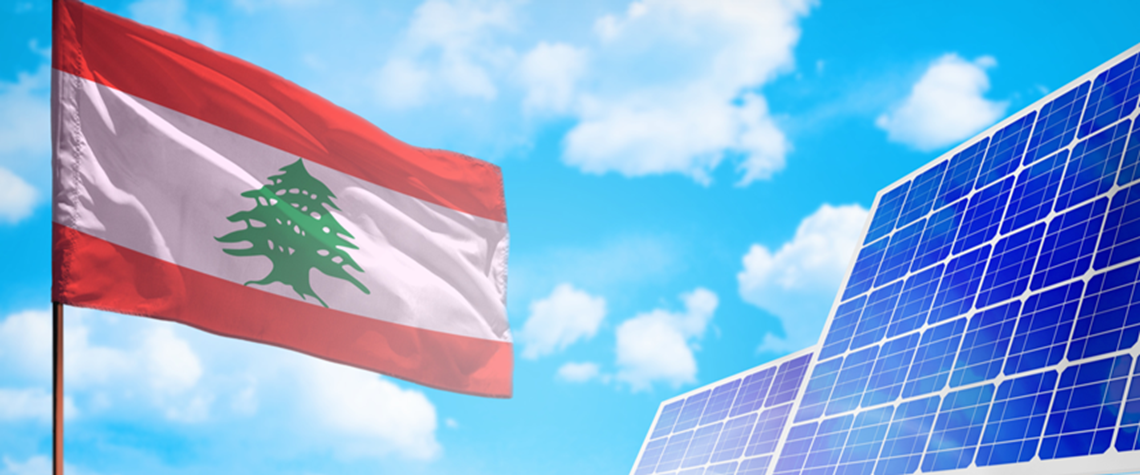Beirut turns to renewables to ease energy crisis
A far-reaching electricity sector reform plan puts solar and wind at the heart of the government’s energy strategy
Lebanon’s Council of Ministers awarded developer licences in early May for 165MW of solar PV facilities across the country, almost exactly five years since inviting bids. Whether bankable power-purchase agreements (PPAs) are attainable within the one-year timeframe amid a political and financial crisis is highly uncertain. However, the failings of the existing electricity system and heavily indebted utility Electricite du Liban—coupled with fossil-fuel poverty unusual for the region—are drawing increasing attention to the country’s largely untapped renewables potential. In 2017, the Lebanese Centre for Energy Conservation (LCEC), an arm of the Ministry of Energy and Water, launched an auctio

Also in this section
9 January 2026
A shift in perspective is needed on the carbon challenge, the success of which will determine the speed and extent of emissions cuts and how industries adapt to the new environment
2 January 2026
This year may be a defining one for carbon capture, utilisation and storage in the US, despite the institutional uncertainty
23 December 2025
Legislative reform in Germany sets the stage for commercial carbon capture and transport at a national level, while the UK has already seen financial close on major CCS clusters
15 December 2025
Net zero is not the problem for the UK’s power system. The real issue is with an outdated market design in desperate need of modernisation







